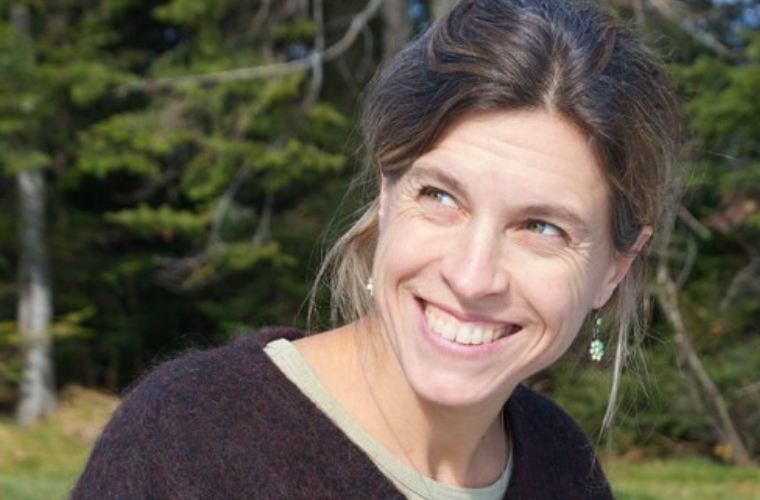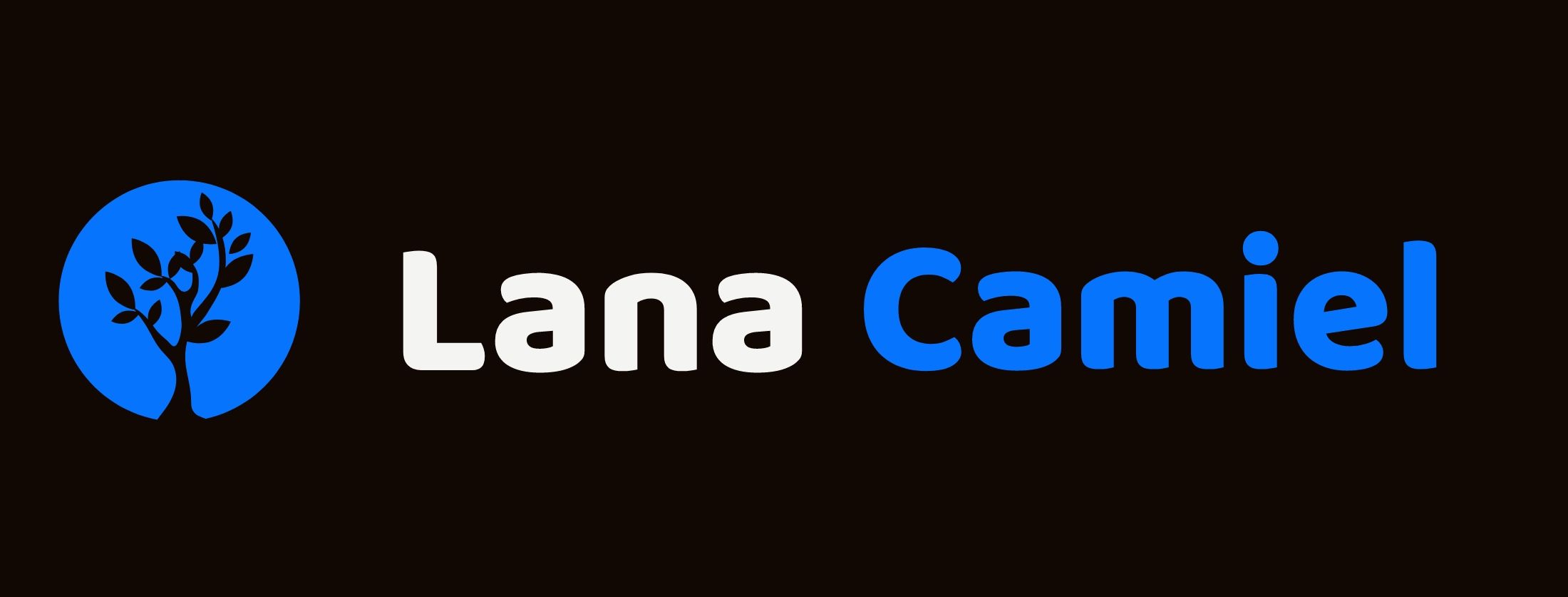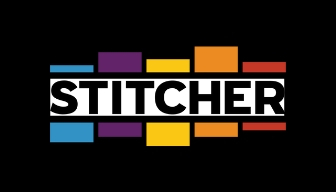

Image courtesy of Ann Ambrecht, PhD
Are you a tea drinker? Where did the herbs in your cup come from? Were they grown in a loving, caring and sustainable way? Do you know why these are actually some important questions to ask?
My today’s guest has thinking about this issue for quite some time now, and trying to learn how to support the right people and communities and educate the consumers about sustainability of herbs. Her name is Dr. Ann Ambrecht.
Ann is a writer and anthropologist whose work explores the relationships between humans and the earth, most recently through her work with plants and plant medicine.
She is the co-producer of the documentary Numen: the Nature of Plants, and the author of the award winning ethnographic memoir, Thin Places: A Pilgrimage Home, based on her research in Nepal. She is a student of herbal medicine and was a 2017 Fulbright-Nehru Scholar documenting the supply chain of medicinal plants in India.
Ann is currently completing a book, From Seed to Bottle: Following Herbs Through the Supply Chain and is a Visiting Scholar in the Department of Anthropology at Dartmouth College. She lives with her family in central Vermont.
By the end of this episode, you’ll understand why it’s so important to know where your herbal medicines come from and how to support the right communities on their journey to better, more sustainable world.
KEY TAKEAWAYS:
1.
How Ann decided to become an anthropologist and why her work took her to the world of herbal medicine
2.What was the inspiration for Ann’s documentary and later for her Sustainable Herbs Project3.
Why do we need to know where our herbs come from
4.
Major concerns Ann addresses in her work, good and bad examples in herbal industry, and importance of the next steps (for consumers and industry)
CONTACTING OUR GUEST:
- Ann’s website Sustainable Herbs Program, their Facebook, Instagram and Twitter accounts; Numen film



“If you’re taking herbal medicine for your health, it makes no sense to choose something that causes illness along the way, either to those in the supply chain or that’s bad for the soil. ”
“Ask yourself: do I really need this herbal product, and buy less of it. Spend the money you have on a higher quality product. Ed Fletcher reminds – buy cheap underwear, don’t buy cheap herbs.”
Ann Ambrecht, PhD
WEB RESOURCES:
- New England Women’s Herbal Conference and Rosemary Gladstar
- Deb Soule
- Rosemary Gladstar’s Herbal course The Science and Art of Herbalism
- United Plant Savers
- Dr. Tieraona Low Dog
- Traditional Medicinals — Josef Brickmann
- HerbPharm
- New Chapter — Tom Newmark – Carbon Underground
- American Herbalists Guild Symposium
- FairWild Standard and Certifications
- Pukka Herbs



“For the herb farmers to survive, there needs to be a building of networks and supporting them from herbal community and practitioners and students and teachers who can help to link regional networks.”
“What struck me at the FairWild certified companies, it’s not just about the herbs, it’s about the people behind the products we consume.”
“Certified organic is not perfect, but this certification means something. So by buying certified organic you’re supporting a supply chain that has many benefits.”
Ann Ambrecht, PhD
BROUGHT TO YOU BY:
This episode is proudly brought to you by HerbMentor.
HerbMentor is a service provided by an innovative herbal education company LearningHerbs.com
Some people use HerbMentor as the personal herbal home-study program. Others explore a variety of features has to offer or utilize it along other herbal programs or studies. At the same time, there is a large group of people that use the forum to connect with others curious about plants and plant medicine.
Check out HerbMentor to begin or continue your journey in the world of plant medicine.
THANKS FOR LISTENING!
To share your thoughts:
- Leave a note in the comment section below.
- Please share this episode with ONE person who might appreciate it.
To help out the show:
- Subscribe on :
- Please leave an honest review onApple Podcasts. Your ratings and reviews really help to spread the word and I read each one.
- How toListen, Subscribe, Rate and Review
Disclosure: Please note some of the links above are affiliate links. If you decide to make a purchase, as no additional cost to you, I will earn a small commission that’s used to support this podcast/blog. My guests and I recommend these resources only because we know and respect them. I also personally purchase from these companies.





